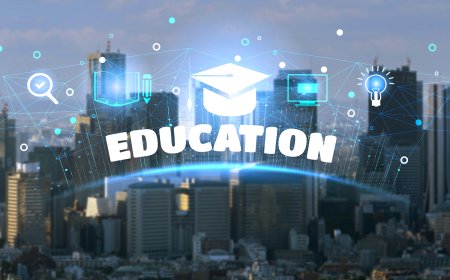The Role of Educational Games in Enhancing Learning and Engagement in Distance Education
The Role of Educational Games in Enhancing Learning and Engagement in Distance Education

In recent years, educational games have gained increasing recognition as a valuable tool for enhancing learning and engagement in distance education. These games offer a unique and interactive approach to learning, providing students with an opportunity to engage with course material in a fun and engaging way.
One of the primary benefits of educational games is their ability to promote active learning. Rather than simply reading or listening to information, students are actively engaged in the learning process, applying critical thinking skills and problem-solving strategies to complete game-based tasks. This approach can lead to a deeper understanding of course material and better retention of information.
Furthermore, educational games can enhance student motivation and engagement in distance education. The interactive and competitive nature of games can provide a sense of accomplishment and satisfaction, motivating students to continue learning and pursuing academic goals. Games can also foster a sense of community and collaboration among students, promoting social interaction and communication skills.
Another advantage of educational games is their flexibility and adaptability. Games can be designed to cater to a variety of learning styles and skill levels, providing personalized learning experiences for students. Additionally, games can be accessed from anywhere with an internet connection, making them a convenient and accessible tool for distance education.
However, it is important to note that the use of educational games in distance education should be approached with caution. Games should be carefully designed and integrated into course material, with clear learning objectives and assessment strategies in place. Additionally, games should be appropriate for the age and skill level of students, and should not be used as a substitute for traditional learning methods.
In conclusion, educational games have the potential to enhance learning and engagement in distance education. Their interactive and flexible nature can provide unique learning experiences and promote active learning, motivation, and collaboration among students. However, their use should be carefully considered and integrated into course material in a thoughtful and strategic manner.















